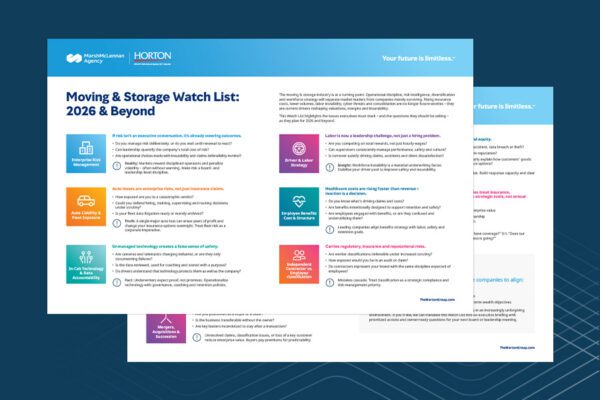We frequently receive calls from health care providers who have either been served with a subpoena for mental health records or have received authorization or consent to release mental health records. These calls come from mental health providers such as psychiatrists, psychologists, and therapists but can also come from primary care providers who have seen a patient suffering from anxiety, stress, or depression.
Virtually everyone involved in health care is aware of HIPAA and its rules regarding patient privacy and security. What many providers do not understand, however, is that when it comes to the release of mental health records in Illinois, HIPAA does not apply. The release of mental health records in Illinois is governed by the Illinois Mental Health and Developmental Disabilities Confidentiality Act (the “Act”). This is because the Act is much more restrictive than HIPAA and, according to HIPAA, if a state has a law that is more restrictive than HIPAA, the state law applies.
Requests (or demands) to provide mental health records generally arise under one of two circumstances: the provider receives a subpoena issued by the clerk of the court as a part of a court proceeding such as a divorce or child custody case or a patient provides a consent or authorization requesting the release of the records to a certain person for a certain reason. Be aware that providing mental health records in response to an improper subpoena or deficient authorization will constitute a violation of the Act by the provider.
Subpoena
HIPAA and the Act have different requirements relative to how records are subpoenaed and what is to be contained in a consent or authorization to release mental health records. Under the Act, a subpoena to release mental health records must be accompanied by a court order authorizing the issuance of the subpoena. As a matter of fact, the person requesting the issuance of the subpoena must file a motion with the court requesting permission to issue the subpoena and provide a copy of the motion to the provider from whom the records are sought and to the patient if they are not a party to the lawsuit. If the court approves the issuance of the subpoena, the records will be supplied to the court for an “in camera” review by the court. This is to assure that the records produced are relevant to the issue in the court proceedings.
Unfortunately, many, if not most, attorneys who subpoena mental health records do not understand or even know of the existence of the Act. Providers served with a subpoena should never assume that they can provide records simply because they are served with a subpoena.
Consent
In cases in which a patient has agreed to the release of mental health records and the provider has been given a consent to release the records, it is very important to confirm that the consent is compliant with the Act. An Authorization to Release Medical Records under HIPAA does not comply with the Act. The Act has very specific requirements regarding what must be contained in a consent to disclose mental health records. If a provider releases or discloses mental health records in reliance on a consent or authorization that does not comply with the Act, the provider is in violation of the Act. A provider should never assume that a consent or authorization to release mental health records is valid simply because it is signed by the patient.
All providers should understand that, even if the provider is not a mental health provider, any information contained in a medical record that relates to a patient’s mental health is covered by the Act. The mere fact that a patient has seen a provider for a mental health issue is, in and of itself, confidential under the Act. If a provider releases a medical record that contains mostly medical information but also contains, for instance, notes about the patient’s anxiety or depression, the provider is in violation of the Act.
The violation of the Act by a provider (or an attorney in the case of not obtaining a court order to issue a subpoena) is a crime and will also subject the provider (and the attorney) to civil damages. Releasing mental health records (or any record that contains mental health information) in violation of the Act can be a very costly proposition.
For further information contact:
Aileen Brooks: abrooks@mbhealthlaw.com
Anthony Ashenhurst: aashenhurst@mbhealthlaw.com
*Articles distributed by Malecki Brooks Law Group, LLC are advertisements and summaries for general information and discussion purposes only. They are not full analyses of the matters presented, legal or otherwise, and may not be relied upon as legal advice.
*To ensure receipt of our newsletters, please add ccsend.com to your trusted and approved sender list.
Material posted on this website is for informational purposes only and does not constitute a legal opinion or medical advice. Contact your legal representative or medical professional for information specific to your legal or medical needs.


